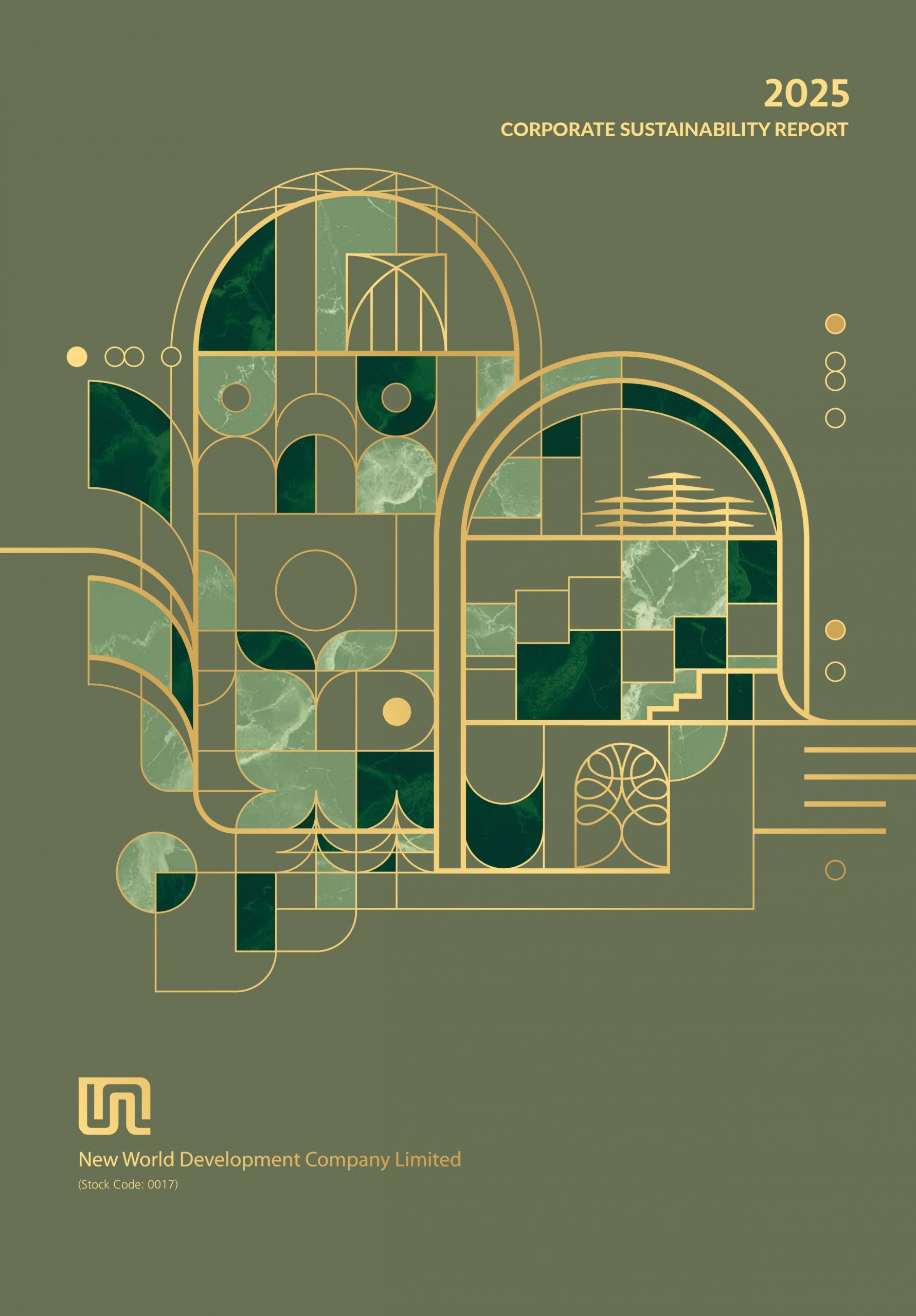Climate Change Adaptation and Resilience
Climate change poses an unprecedented challenge to human survival. We're paving the way towards a more resilient future by adopting various climate mitigation and adaptation measures as well as aligning our actions with international best practices.
We recognise that climate change is an imminent challenge. It gives rise to immediate as well as long-term risks and opportunities to our business portfolio and stakeholders throughout the value chain. As a supporter of the Task Force on Climate-related Financial Disclosures (TCFD), we have been reporting our climate-related financial disclosures with reference to its recommendations on governance, strategy, risk management, metrics and targets since FY2019. We are committed to aligning our disclosures with the latest market best practices to address the concern of our stakeholders and investors in particular, on the impact of climate change on our business and financial performance. Please refer to our most recent sustainability report for the latest full disclosures.
Understanding the impact of climate change on our assets and businesses is fundamental to uphold the value we have been creating for our stakeholders. We have conducted a climate risk scenario analysis to evaluate climate-related physical risks, i.e. flooding, extreme wind, water stress and heat stress, for our major properties in the Greater Bay Area. This risk analysis falls under two Intergovernmental Panel on Climate Change (“IPCC”) Representative Concentration Pathway (“RCP”) scenarios, i.e. 2.5°C (RCP 6.0) and 4.0°C (RCP 8.5).
We strive to strengthen the resilience of our existing and new properties by continuously investing and implementing climate adaptation and resilience measures. Furthermore, we are closely monitoring transition risks, such as increasingly stringent environmental laws and regulations and carbon trading schemes. We stay on top of technological changes and international trends such as achieving net-zero in building design and operations and other best practices in operational efficiency.
Additionally, we have begun to assess the financial impact of climate-related physical and transition risks. We believe that the alignment to TCFD recommendations will unleash further opportunities to incorporate climate-friendly building and service designs, engage our tenants, customers and suppliers to take action against climate change, promote innovative technologies to reduce our environmental impact and help us utilise sustainable finance to accelerate our efforts to combat climate change.
We work closely with key stakeholders to understand their needs and expectations and encourage their involvement in building climate resilience and strengthen the decarbonisation efforts together. Through internal training and communications, we keep all employees, as well as senior management and board members, informed of the Group’s latest climate-related initiatives.
External platforms, including our Sustainable Tenancy Pledge and public education programmes (advocating sustainable lifestyles), help establish close partnerships with tenants, customers and other stakeholders. These platforms enable us to support their adoption of sustainable practices that further contributes to our preparedness for climate change. By fostering partnerships externally with industry peers and internally with employees and synergistic business units among the Group’s ecosystem, we move towards a more adaptable and climate-resilient business model.

